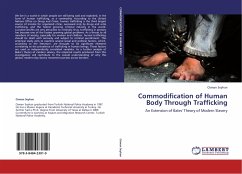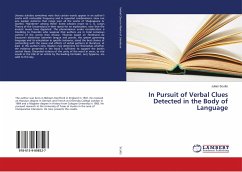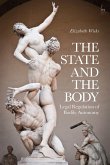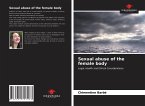We live in a world in which people are still being sold and exploited, in the form of human trafficking, as a commodity. According to the United Nations Office on Drugs and Crime, human trafficking is the third largest source of income for organized crime, surpassed only by drugs and arms trafficking, and the fastest growing criminal industry in the world. Lucrative profits are very attractive to criminals; thus, trafficking in persons has become one of the fastest growing global problems. As a threat to all members of society, especially for women and children, human trafficking should be dealt with seriously and subject to criminal punishment. This empirical study aims to examine several social and political factors, which, according to the literature, are thought to be significant elements correlating to the prevalence of trafficking in human beings. These factors are used as independently correlated variables. As a further analysis of Bales s theory of modern slavery, the empirical results produced from this investigation will contribute to the overall understanding of why this global, modern-day slavery movement persists across borders.








